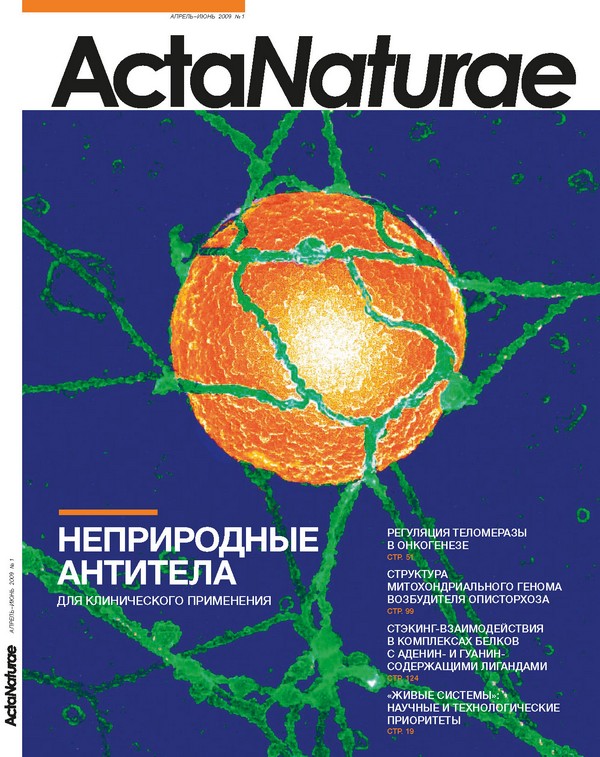Abstract
One of the most acute problems inhibiting the establishment of innovative economics in our country is the imperfection of the legislation regulating the production of marketable goods on the basis of new technologies. Many specialists—both scientists and representatives of business entities—are certain that the current laws cannot effectively influence the creation of innovative chains. It is not an exaggeration to say that the current laws are not focused on building a knowledge‑oriented economy. It could be said that the problem of nascent intellectual property rights is the most important problem of the day. Who should be the proprietors of these rights? The scientists, business, or the state? And to what extent? Let’s try to debate this situation and consider herein the rights of scientific organizations to the results of intellectual property obtained within the framework of their activity.








